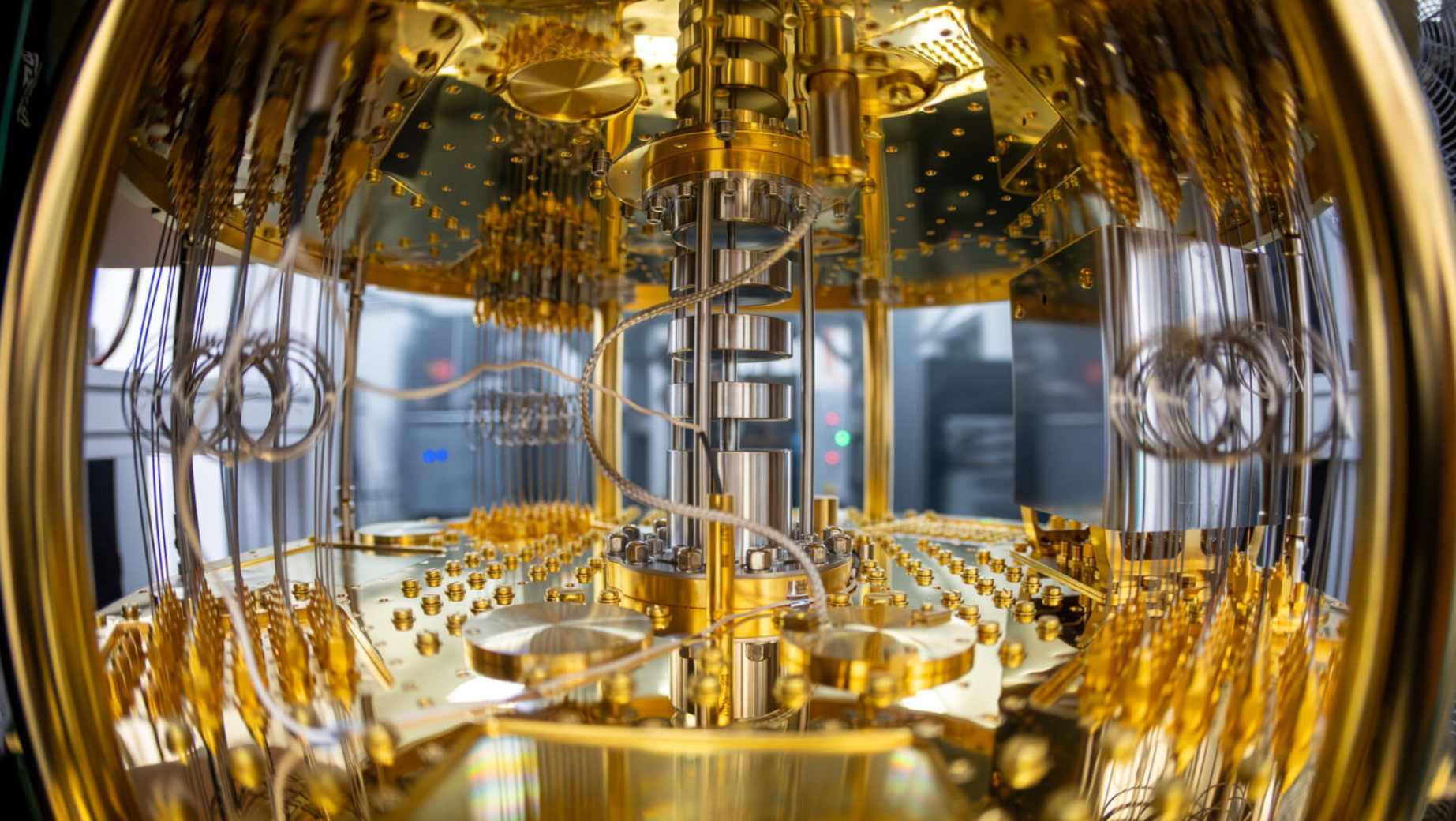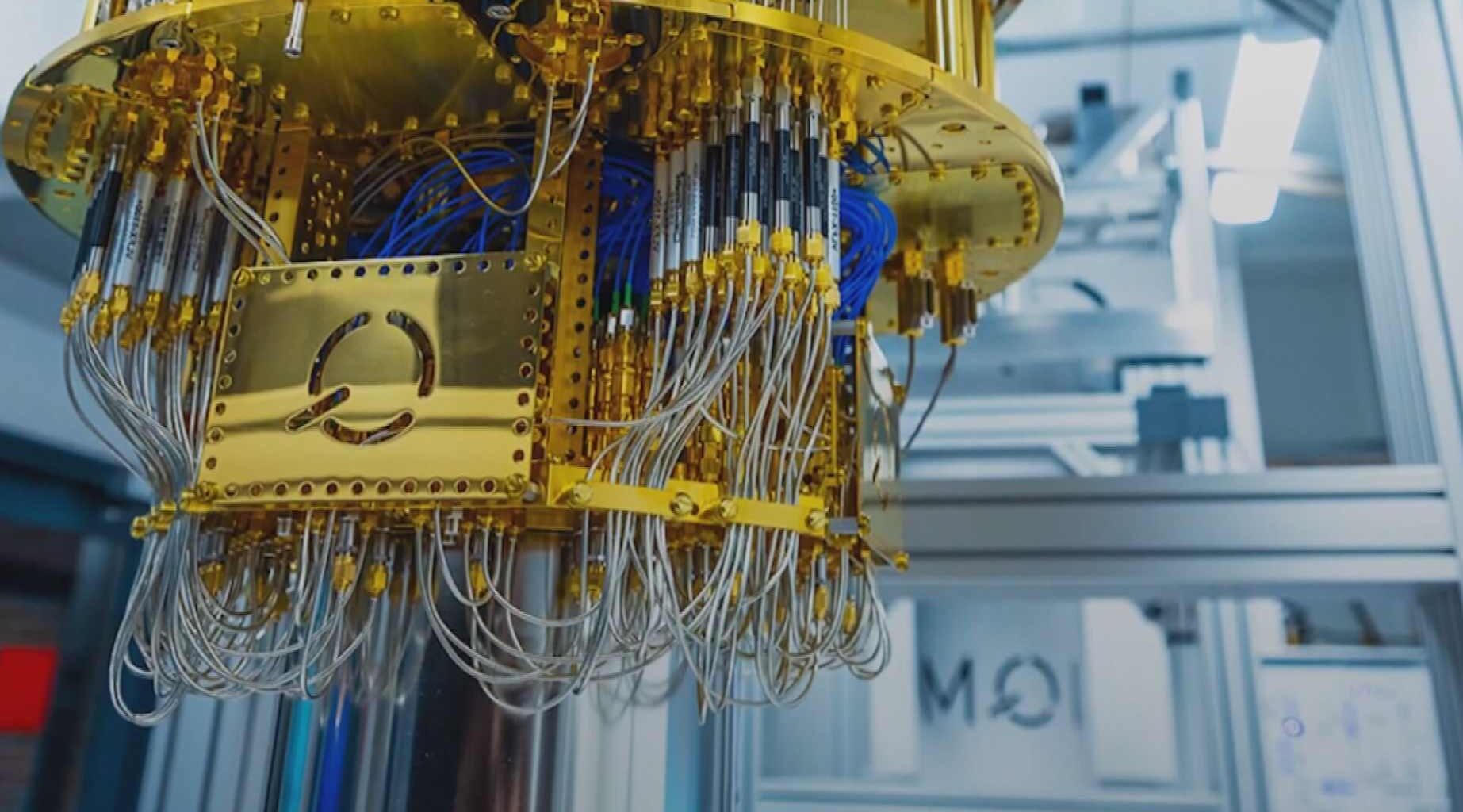Czechia has officially entered the global race in quantum technologies with the unveiling of its first quantum computer, located at the IT4Innovations National Supercomputing Center at VŠB–Technical University of Ostrava.
The machine, named VLQ, is also among the first of its kind in Europe.
At the heart of the device lies a chip only slightly larger than a credit card. Yet to function, the system requires an entire room filled with support equipment, including a cooling mechanism that lowers the chip’s temperature to nearly –273.14 °C, close to absolute zero.
“That’s even colder than open space,” said Vít Vondrák, director of IT4Innovations. Superconductivity at such conditions is what makes the computer possible.
Unlike traditional computers that process information through bits—set as either 0 or 1—quantum machines operate with qubits, which can represent 0 and 1 simultaneously.
This phenomenon, known as superposition, combined with entanglement, enables qubits to influence one another instantly, even across distance. The result is the ability to process vast amounts of data in parallel, tackling problems classical machines cannot manage.

Vondrák explained the difference in simple terms: “The factorization of prime numbers, which underpins modern cryptography, might take years for a classical computer. A quantum computer can complete the same task in minutes.”
Applications are wide-ranging. Researchers expect breakthroughs in drug discovery, material science, cryptography, quantum chemistry, finance, transportation, and artificial intelligence. The first domestic projects will include satellite image analysis and new encryption methods.
According to Marek Lampart, head of the quantum computing lab, the leap in performance is incomparable: “It’s like comparing a steam locomotive with a rocket. A locomotive will never reach orbit. A rocket gets you there in minutes. Similarly, while a classical computer reads one book, a quantum computer reads the entire library at once.”
The Ostrava quantum machine cost roughly 125 million CZK, funded jointly by the European venture EuroHPC JU and the consortium LUMI-Q.
Despite its scale and promise, researchers remain cautious. “We’re at the very beginning,” said Vondrák. “Large-scale real-world applications are not here yet. For now, the focus will be on scientific research and experimental projects.”
Would you like us to write about your business? Find out more

